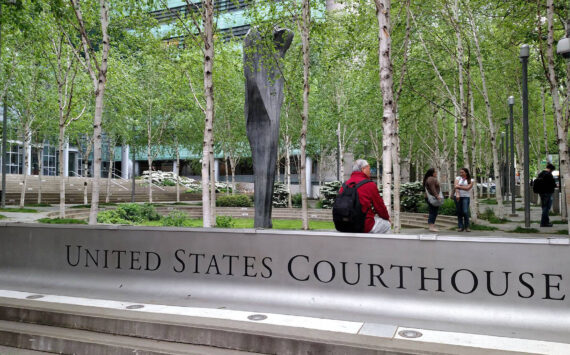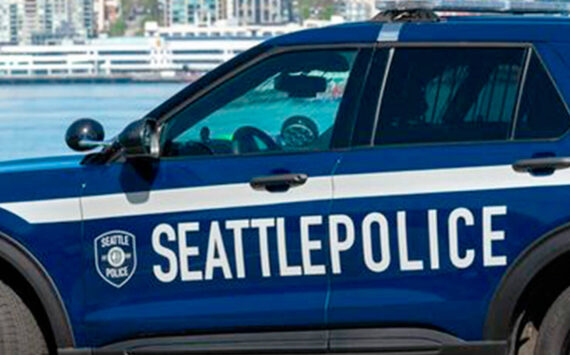Numberswise, this is one hell of a close mayoral race.
In the 1997 primary, eventual winner Paul Schell led Charlie Chong by a paltry-sounding 7 percent. However, that number represented a 7,671-vote gap. Given that Schell immediately got the endorsement of two of the other three major candidates—and enjoyed a healthy edge in campaign cash, organizational endorsements, and daily newspaper support—Charlie was cooked.
This year, Greg Nickels and Mark Sidran were separated by 408 primary votes. They both are well-funded, Nickels has more endorsements, and Sidran has the daily papers doing his dirty work. It’s too close to call.
The three candidates challenging incumbent Seattle City Council members (Grant Cogswell, Curt Firestone, and Michael Preston) are understandably miffed to see an article per day on the mayor’s race and only rare dispatches on their uphill battles. Their problem: Their races aren’t particularly close.
Ignoring, for the moment, the ballots cast for candidates who didn’t survive the primary, Preston trails Richard Conlin by 23 points, Cogswell is 22 points down on Richard McIver, and Firestone is 21 points behind Jan Drago. Let’s do some quick math (follow along at home if you like): Add up the total number of votes cast in each council race, cut the number in half and add 1 (creating the 50 percent plus one vote a candidate needs to win). Now, add up the vote tallies for the candidates who didn’t survive the primary—we’ll call these folks “undecided voters” (a generous term to describe people who would cast ballots for the likes of Stan Lippmann and Dakotta J. Alex). Then, figure out what percentage of the undecided vote the trailing candidate would need to win the race. My calculations: Preston needs the backing of 88.3 percent of the undecided voter pool to beat Conlin; Cogswell needs 95 percent to take McIver.
In a year with the closest Seattle mayor’s race in history, three state initiatives, and individual legislative races that could tip partisan control of the King County Council and state House of Representatives, it’s easy to see why these long-shot Seattle City Council races aren’t getting much ink.
However, don’t think the Cogswell, Firestone, and Preston candidacies aren’t significant. They’ve shown that even underfunded, lesser-known candidates can keep council incumbents to surprisingly low primary vote totals (Conlin was at 46 percent; McIver at 48 percent). Council incumbents can no longer expect a free ride to re-election—if there aren’t any open seats in 2003, would-be council members now realize they don’t have to be patient.
It all adds up.





